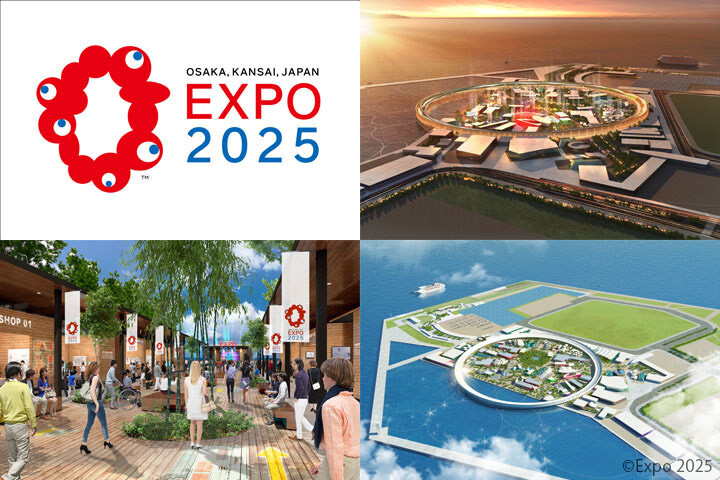
With just one month remaining until the grand opening of the Osaka-Kansai Expo, scheduled from April 13 to October 13, 2025, a cloud of concern hangs over the event. Reports from Japanese media outlets highlight significant challenges, including construction delays and underwhelming ticket sales.
Construction Concerns
Of the 47 countries committed to constructing their pavilions, only eight, including South Korea, Australia, and the Philippines, have completed construction and received official approval as of March 10th. This leaves a significant number of nations scrambling to finish their exhibits, raising the possibility that some may not be ready for the expo's opening day.
Ticket Sales Lagging
Ticket sales are also a cause for concern. As of March 5th, only 8.06 million tickets have been sold, falling short of the 14 million target. This represents just over 60% of the desired sales figures, prompting worries about attendance levels.
Public Interest Wanes
Public interest in the expo appears to be waning. An Asahi Shimbun survey revealed that only 30% of respondents expressed a desire to attend, while a majority cited a lack of interest. Complicated reservation procedures were also mentioned as a deterrent.
Government Initiatives
The Japanese government and Osaka Prefecture have implemented several strategies to boost ticket sales, including the introduction of same-day ticket purchases and collaborative sales with Universal Studios Japan. However, these efforts have yet to yield the desired results.
Potential Trump Invitation
In an attempt to generate international buzz, the Japanese government is reportedly considering inviting former US President Donald Trump to the expo. This move aims to attract global attention but has raised questions about its potential effectiveness.
Expo Details
The Osaka-Kansai Expo will take place on Yumeshima, an artificial island in Osaka Bay, under the theme "Designing Future Society for Our Lives." The event will showcase innovations and ideas from around the world, but its success hinges on overcoming the current challenges.
Additional Considerations:
Economic Impact: The expo is expected to generate significant economic benefits for the Kansai region. However, the current situation could dampen these projections.
Global Participation: The success of the expo relies on strong participation from both domestic and international visitors.
Logistical Challenges: Organizing a large-scale event like the expo presents numerous logistical challenges, which are further compounded by construction delays.
The Osaka-Kansai Expo has the potential to be a landmark event, but organizers must address the current hurdles to ensure its success.
[Copyright (c) Global Economic Times. All Rights Reserved.]





























